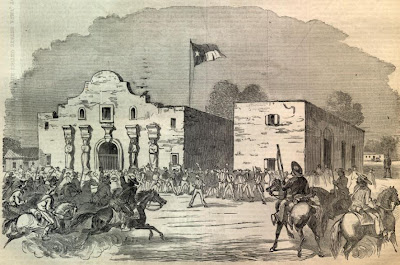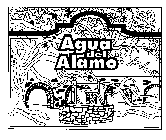There are a couple of recent cases with an ownership-based defense that one doesn’t see very often – the jus tertii defense. “Jus tertii” – Wikipedia says Latin for “third party rights” – is a claim by a defendant that someone else has rights superior to the plaintiff’s that defeat the plaintiff’s claim.
It’s generally a loser in a trademark case, because a trademark plaintiff need not have exclusive rights. Golden Temple of Oregon, LLC v Wai Lana Productions, LLC describes it this way:
| [A] third party’s prior use of a trademark is not a defense in an infringement action. A number of cases from the 1920s so hold, including Ward Baking Co. v. Potter-Wrightington, Inc., in which the court wrote that “even if, for some purposes and in some territory, [a third party] may have a right in the trade-mark superior to that of the plaintiff, the defendant is not thereby exonerated from responsibility for an attempt to appropriate to itself a good will created by the plaintiff during a long course of business.” 298 F. 398, 402 (1st Cir. 1924). This rule is nothing more than the application to the field of trademarks of the familiar real-property doctrine that “[p]ossession is title against all the world but the true owner [.”] Modern trial courts have adhered to this rule . . . . |
In both recent cases, the plaintiff is already wrangling with another party over ownership of the mark. The pre-existing dispute is an invitation for the newly-sued defendants to try a jus tertii defense.
In Golden Temple, Yogi Bhajan developed a spiced tea and his students formed the predecessor to Golden Temple to sell the YOGI TEA. Golden Temple was eventually a formal licensee but terminated the license, so Yogi Bhajan’s widow sued Golden Temple for trademark infringement.
Golden Temple then sued Wai Lana Productions for infringement of what it claims are its YOGI and YOGI TEA marks. Wai Lana filed a motion to dismiss for failure to join an indispensible party, the yogi’s widow. The court construed it as a jus tertii argument and denied the motion because the widow’s potential interest in the marks did not mean that Golden Temple could not itself have a claim against Wai Lana.
In United Food Imports, Inc. v. Baroody Imports, Inc., the dispute was over the mark BASMA for food products sold to the U.S. Middle Eastern community. This was a case of dueling licensees. A company called Orouba Agrifoods Processing Co. owns foreign registrations for the BASMA mark and had licensed United Food Imports in the United States. United Food Imports filed its own applications for the BASMA mark without Orouba’s knowledge, Orouba subsequently ended the relationship, and licensed defendant Paradise Halal Meat, LLC (no mention in the decision about who Baroody Imports is). Separately, Orouba filed a petition to cancel the United Food registration and United Foods retaliated by suing Orouba in the Southern District of New York for trademark infringement. In this case, United Foods sued Paradise Halal Meat in the District of New Jersey.
Here it looks like there might be some degree of cooperation between defendant Paradise Halal Meat and non-party Orouba. Paradise Halal Meat counterclaimed United Food for a judgment that Orouba is the rightful owner of the mark and for cancellation of the United Food registration, the same claims Orouba asserted in the cancellation action.
The counterclaim ploy was no good, but Paradise Halal Meat was luckier than Wai Lana with a jus tertii defense overall. The court held that Paradise Halal Meat did not have standing to assert claims on behalf of Orouba in the counterclaim, but allowed Paradise Halal Meat to convert the counterclaim to an affirmative defense. There is an exception to the usual disfavor for a jus tertii defense, which is if the defendant can prove privity with the third party allowing it to claim some entitlement to the priority rights of the third party:
| [I]f a third party permits a defendant to use a trademark as part of a contractual arrangement, the defendant can avoid liability for trademark infringement by invoking the superior trademark rights of the third party. |
Paradise Halal Meat’s jus tertii theory therefore survives.
Golden Temple of Oregon, LLC v Wai Lana Prods., LLC, No. 09-902-KI (D. Or. May 12, 2010).

This work is licensed under a Creative Commons Attribution-No Derivative Works 3.0 United States License.



